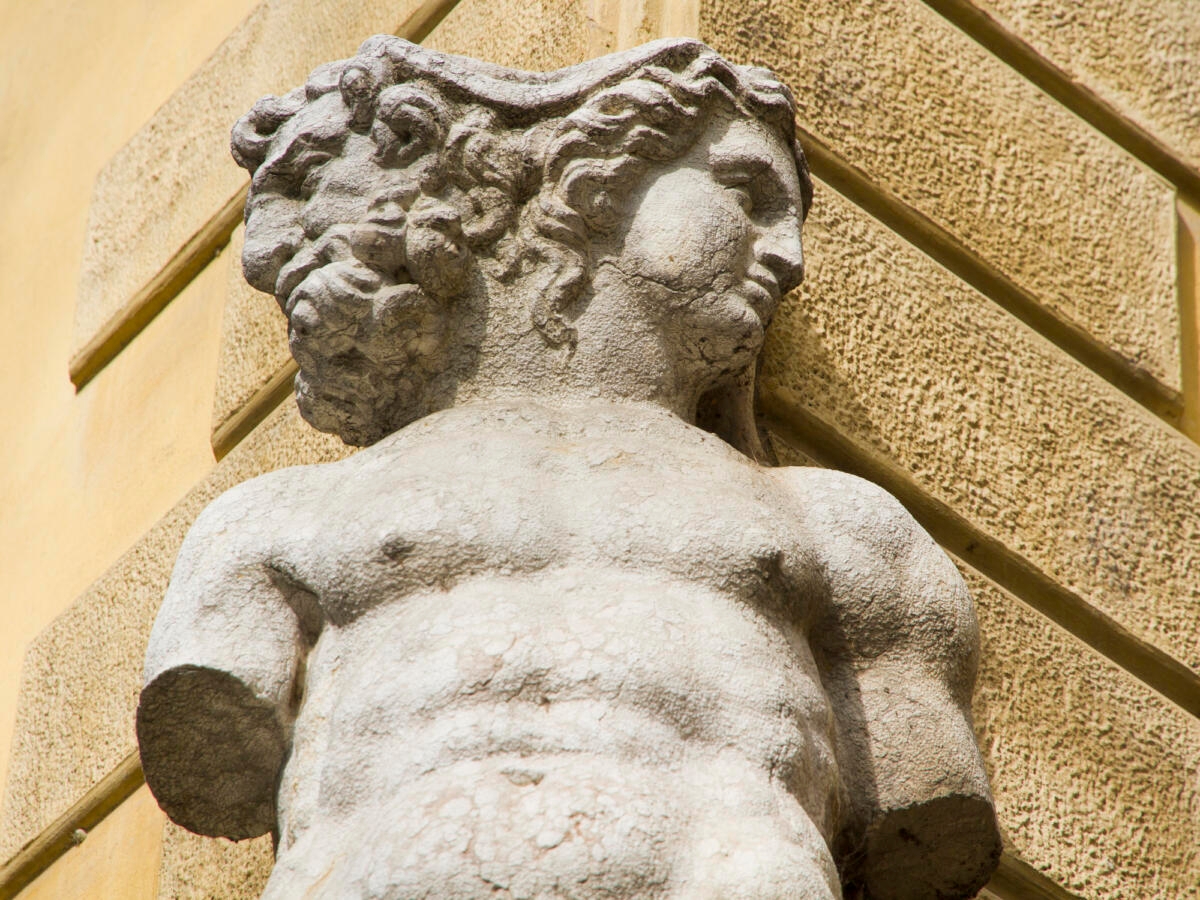How do we make the past come alive to a generation that did not live through it? Each person wishes their stories to live in the echoes of later generations. The 19th century English poet James Elroy Flecker, addressing a poet who will read him 1,000 years later, wrote:
O friend unseen, unborn, unknown
Student of our sweet English tongue
Read out my words at night, alone
I was a poet, I was young.
Judaism carries memory through words and through ritual. The voices of those who have lived before us survive in the faith they lived and shaped. We remember them by carrying a piece of their lives into a new age, like a jewel refitted in a new setting.
Judaism is Janus-faced. It points toward both the past and future. The melody of lives long past contributes to our own. When a Jew sings, there is always a chorus of the ages. As with the English poet, our Judaism writes its tradition into the future. For we too were poets, and were young.
Rabbi David Wolpe’s musings are shared in My Jewish Learning’s Shabbat newsletter, Recharge, a weekly collection of readings to refresh your soul. Sign up to receive the newsletter.
With your help, My Jewish Learning can provide endless opportunities for learning, connection and discovery.



